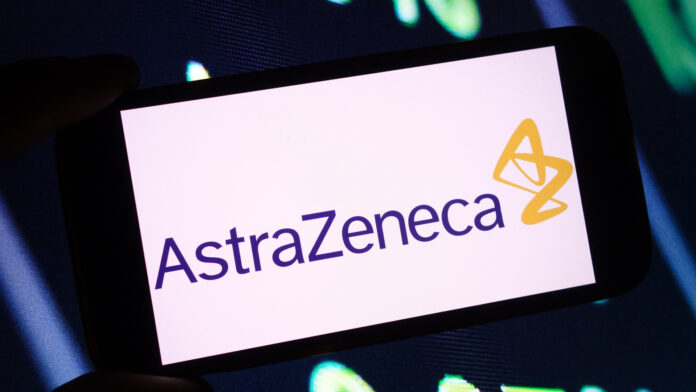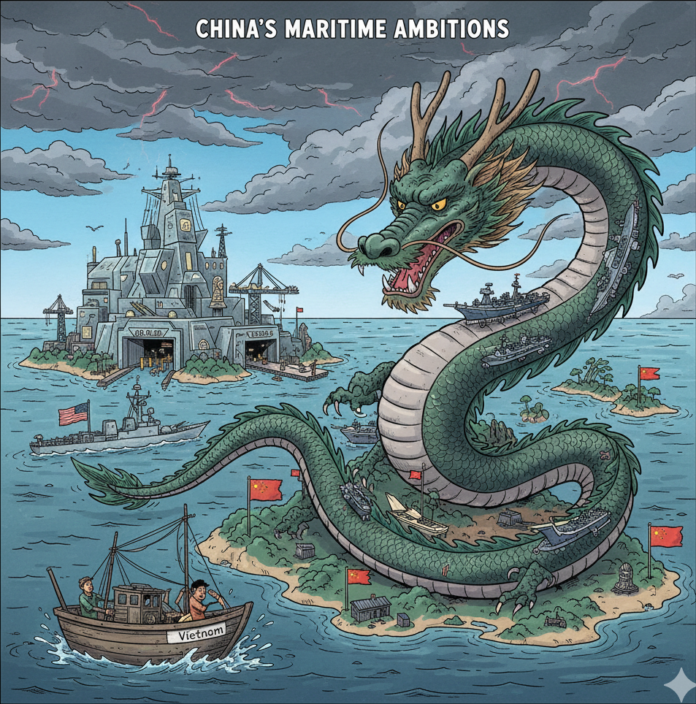The recent conflict between Yemen and Israel has captured the attention of the international community, sparking discussions about the ongoing tensions in the region. The exchange of emojis in a Telegram message, featuring the flags of both countries and a fist bump emoji, symbolizes the power and defiance of the two nations involved in the conflict.
The use of emojis in this message highlights the modern way in which information and messages are being communicated in today’s digital age. Emojis can convey emotions, sentiments, and even political stances in a simple and visually appealing manner. In this case, the fist bump emoji signifies unity and strength, while the flag emojis represent the national identities of Yemen and Israel.
The message also includes a link to a Telegram channel dedicated to geopolitics, showing that this conflict is not just a local issue but also a topic of global interest and significance. Geopolitical tensions in the Middle East have far-reaching implications and can impact international relations, security, and stability in the region.
As we continue to monitor the situation between Yemen and Israel, it is important to consider the complexities of the conflict and the various factors at play. Dialogue, diplomacy, and a deeper understanding of the historical and political context are essential in finding a peaceful resolution to the conflict.
The use of emojis in this message may seem lighthearted, but the underlying message is one of strength, unity, and determination. It serves as a reminder that even in times of conflict, there is always hope for peace and reconciliation.




